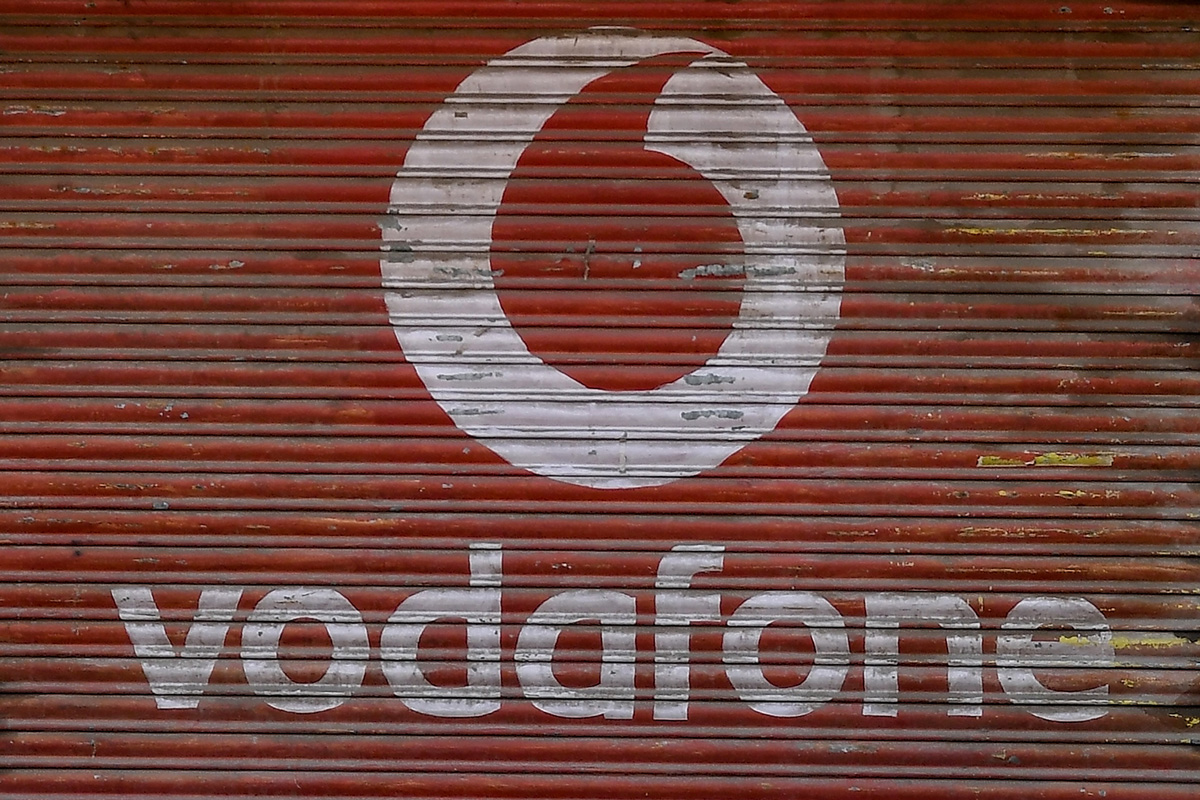Vodafone Idea reduces loss to Rs 7,176 crore in July-Sept quarter
Vodafone Idea has reduced its losses to Rs 7,176 crore in the July-September quarter of the current financial year from Rs 8,738 crore in the same quarter last year.
Company’s total income stood at Rs 10,714.6 crore, from Rs 11,549.5 crore reported in Q1 FY 2019-20.

Company’s total income stood at Rs 10,714.6 crore, from Rs 11,549.5 crore reported in Q1 FY 2019-20. (Photo: AFP)
Telecom major Vodafone Idea on Thursday reported a consolidated net loss worth Rs 25,460 crore for the April-June quarter, against Rs 4,573.9 crore for the corresponding quarter a year ago.
Items like integration and merger-related cost, provisions, licence fees and SUC on AGR and one-time spectrum charges, including interest contributed a massive amount in company’s loss.
Advertisement
Company’s total income stood at Rs 10,714.6 crore, from Rs 11,549.5 crore reported in Q1 FY 2019-20.
Advertisement
“Revenue for the quarter declined by 9.3 per cent to Rs 106.6 billion, impacted by the nationwide lockdown,” it said
A CNBC-TV18 poll had estimated Vodafone Idea’s Q1 revenue to the tune of Rs 10,910 crore.
Company’s EBITDA stood at Rs 4,098.4 crore while EBITDA margin stood at 38.5 per cent. Media polls had estimated EBITDA at Rs 3,650 crore and EBITDA margin at 33.5 per cent.
The company has taken up new cost optimisation initiatives to drive further organisational efficiency and targets to achieve Rs 4,000 crore annualised operational expenditure savings over the next 18 months.
Ravinder Takkar, MD & CEO, Vodafone Idea, said, “During the nationwide lockdown due to Covid-19 pandemic, our teams did a phenomenal job of providing seamless high quality services, keeping people and businesses connected during these unprecedented times. Q1FY21 was a challenging quarter as availability of recharges due to store closure and ability of customers to recharge on account of economic slowdown were impacted.”
He added that 4G coverage and capacity expansion remains a priority for the company to further improve its customers’ experience and it continues to lead in terms of 4G data download speeds across several states, metros and large cities.
“We continued to make progress on our strategy with integration largely complete, enabling us to realise cost synergies well ahead of our initial targets. We have launched a new cost optimisation initiative that will drive further cost savings. We also continue to actively engage with the government seeking a comprehensive relief package for the industry, which faces critical challenges,” the CEO said.
Advertisement